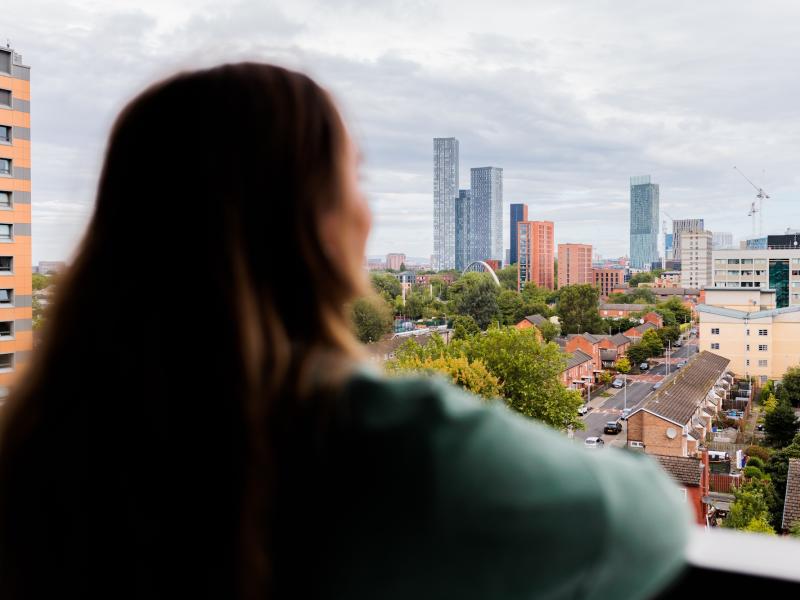Domestic abuse
If you’re in immediate danger, please contact Greater Manchester Police by calling on 999.
What is domestic abuse?
If you’re in immediate danger, please contact Greater Manchester Police by calling on 999. If you’re not able to speak, press 55 on a mobile phone at any time and you’ll be automatically transferred to the police.
We take domestic abuse extremely seriously. It includes any incident or pattern of incidents of controlling, coercive or threatening behaviour, violence or abuse. It takes place between those who are or have been intimate partners or family members.
Recognise domestic abuse
Does your partner, ex-partner or someone you live with:
- cut you off from family and friends and intentionally isolate you?
- bully, threaten, or control you? take control of your finances?
- monitor or limit your use of technology?
- physically and/or sexually abuse you?
Domestic abuse is not always physical violence. It can also include:
- coercive control and 'gaslighting'. Gaslighting is a form of manipulation where someone says things that make you question yourself, your memory, or reasoning.
- Bullying
- economic abuse
- online abuse
- threats and intimidation
- emotional abuse
- sexual abuse
Just one encounter counts as abuse, and it can also be an ongoing pattern of behaviour. The one constant element of domestic abuse is the abuser's consistent efforts to maintain power and control over the victim. Domestic abuse can affect anyone regardless of ethnicity, age, gender, sexuality or social background.
If you are suffering from physical, sexual, psychological or financial abuse, or are being threatened, intimidated or stalked by a current or previous partner or close family member, it’s likely you’re a victim of domestic abuse. You may be feeling frightened, isolated, ashamed or confused.
Sometimes victims don’t recognise that they are suffering from abuse, especially if it’s been happening for a long time. Or maybe you suspect a friend or neighbour is being abused. Typical signs include:
- being withdrawn, or being isolated from family and friends
- having bruises, burns or bite marks having finances controlled, or not being given enough to buy food, medication or pay bills
- not being allowed to leave the house, or stopped from going to college or work having internet or social media use monitored, or someone else reading texts, emails or letters
- being repeatedly belittled or put down being pressured into sex or sexual contact
If you have children it may be that they too are suffering, whether they witness the abuse or not. Remember, you are not to blame for what is happening.

Don’t suffer in silence
You’re not alone. There's lots of support and advice available for you to report domestic abuse in safety and get help. There are lots of resources on the Women's Aid website, including support in additional languages.
We know it’s a big step to reach out for help. We also want you to know we’ve got your back and we’ll do everything we can to keep you safe.
Our Community Safety team is just a call away – you can call 0330 355 1000 in confidence. Our dedicated domestic abuse specialist will be able to help you in whatever way you need. You can tell us the safest ways for us to contact you and any conversations we have will be in private.
Have a look through our suggested list of support available from other organisations.

